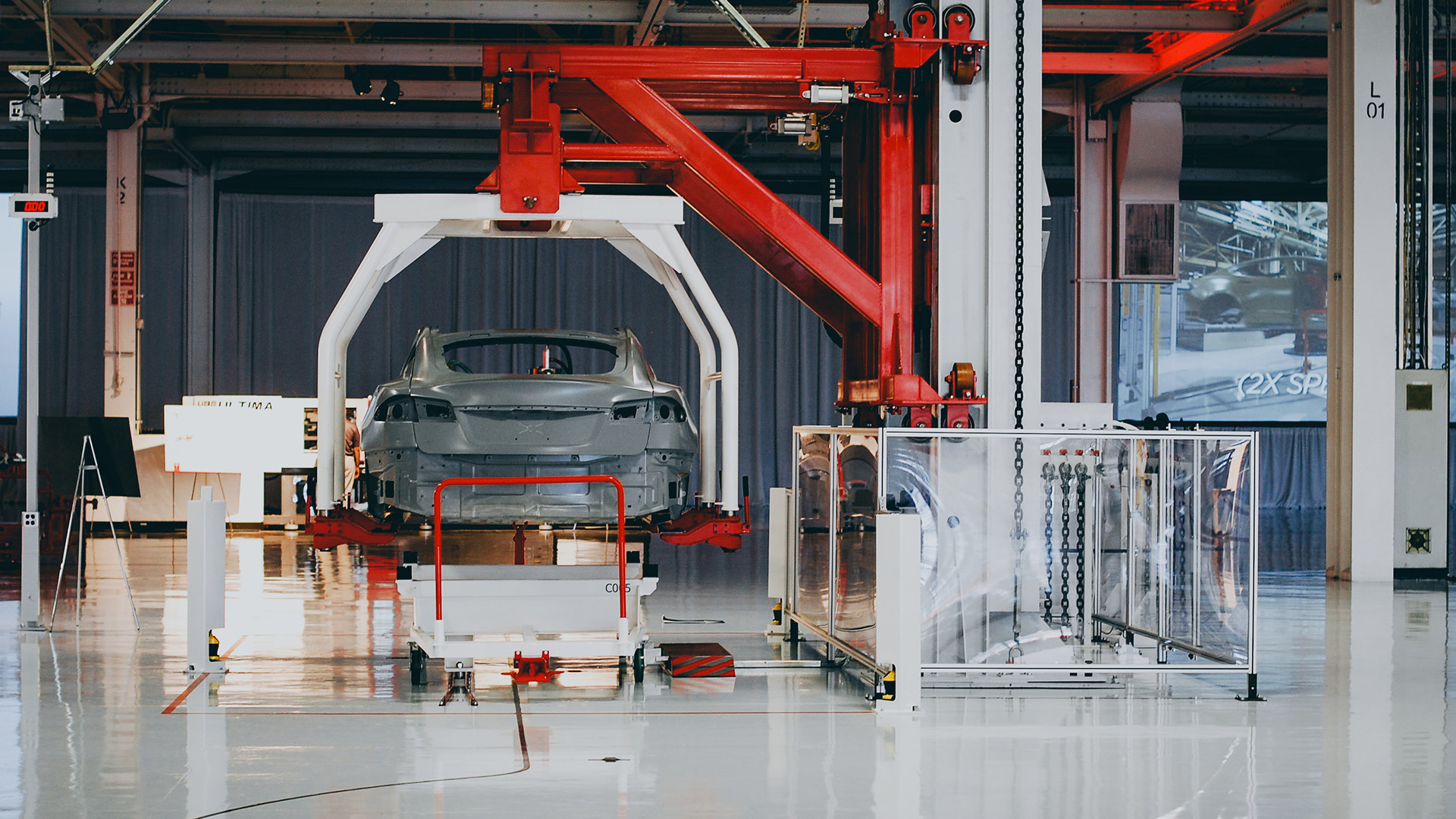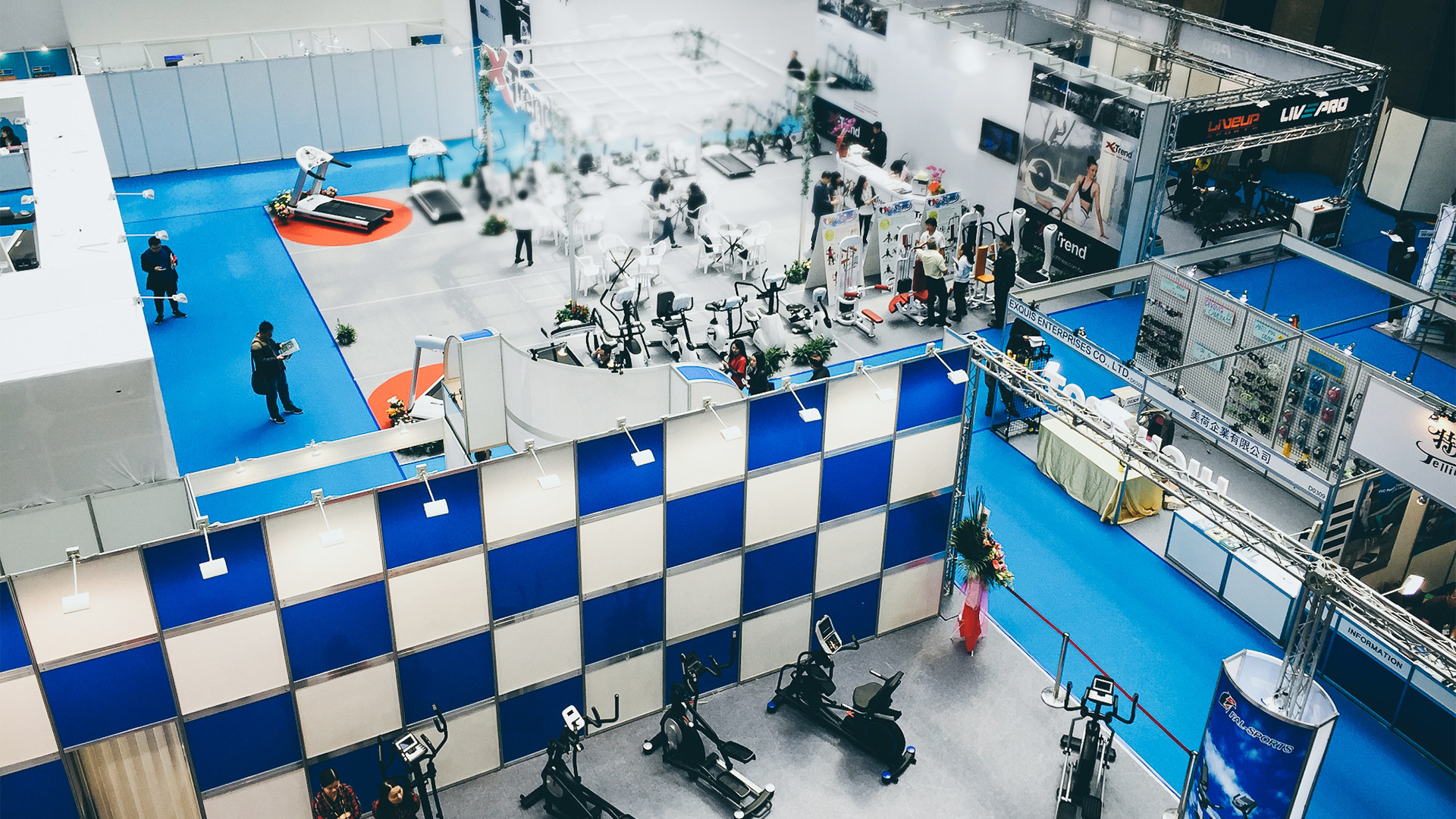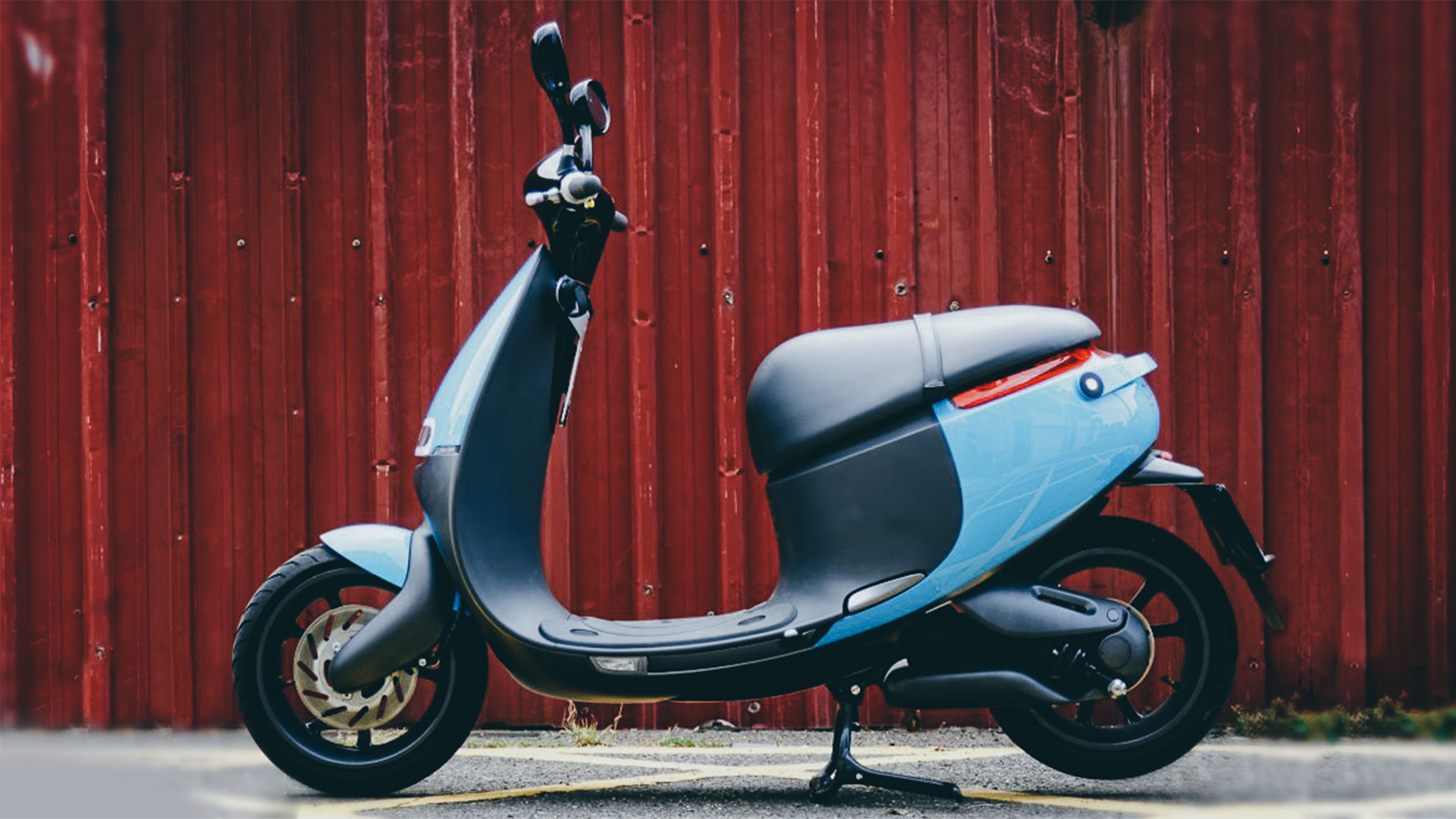Taiwan's smart machinery industry is missing a trick: Serving manufacturers in their own backyard?
-
- David Green
- Communications Strategist
The World Federation of Sporting Goods Industry (WFSGI) Manufacturers Forum held its annual event in November in Taichung, Taiwan, to discuss the topic of Industry 4.0. DDG attended to take the pulse of how Taiwan’s sporting goods industry companies can adopt the practices of Industry 4.0 pioneers in Taiwan and abroad.
Taiwan’s smart machinery manufacturers are missing an opportunity to build markets in their own backyard, as evidenced by the disconnection and confusion felt around this year’s WFSGI Manufacturers Forum in Taichung last week.
The 200-plus strong delegate of the forum, drawn from Taiwan’s leading sporting goods manufacturers and the brands they supply, had themselves selected Industry 4.0 as the topic for discussion at this year’s meeting, hoping to take advantage of the efficiencies, insights and predictive models that automated production lines and big data are providing industries like autos and electronics.
Andy Liu from Delta Electronics was one of the main speakers at the forum. Correspondences between Andy and forum attendees during his talk indicated attendees’ interest in identifying cross-industry collaboration opportunities through meeting organizations in the electronics sector.
The forum further highlighted a prime opportunity for Taiwan’s smart machinery sector, which has been busy touring the globe touting its wares, to connect with a domestic market desperately in need of innovative automation solutions. Sporting goods makers are well behind the curve when it comes to automation. The reasons for this are manifold, but include the rapid nature of sporting goods product cycles, which require constant tinkering with designs, as well as the fact that products must tailor to different sizes. While some brands have experimented with so-called “design for manufacturing”, or modular elements of footwear that would allow for automation, their designers have pushed back against the trend because it impairs creativity, often rendering such initiatives stillborn.
Chris Pomering, Asia Engineering Manager for Trek Bicycle in Taiwan, said his industry had only started to push for greater automation in the last year or so. So while robots now perform jobs like aluminum welding and stock movement, bike-making remains beholden to the kind of small order volumes that make further automation, or Industry 4.0 upgrading, cost prohibitive.
As it stands, Taiwan’s sporting goods manufacturers are locked into chasing low wages around Asia on behalf of the brands they supply. It is a self-defeating exercise with increasingly impactful consequences, as vocalized by forum moderator Prof. Steve Evans of Cambridge University: “If you chase low cost labor you are running away from the best talent.” Highly skilled labor is evidently necessary for implementing automated systems, and as Delta’s Andy Liu noted, there is insufficient technical talent in Thailand, let alone less developed Southeast Asian markets like Myanmar–the latest stop for the low-wage labor chasing bandwagon.
The solution surely lies in closely pairing Taiwan’s smart machinery industry with a difficult but eager-to-adopt client base in the island’s sporting goods makers. Yet stakeholders from these industries are only even sharing the air as a result of efforts made by a global industry body (the WFSGI). Smart machinery makers do not seem to be seeking out business development opportunities close to home, despite the Taiwan government’s efforts to promote Industry 4.0.
It stands to reason that Taiwanese smart machinery makers can help their countrymen in sporting goods develop the solutions they need to stay ahead of the pack, and retain their multinational brand clients. Solutions could then be deployed or sold overseas. And although the previous government pledged to invest NT$4 billion on textiles per year as part of its Productivity 4.0 plan, many in the industry feel let down. “Sometimes I think they forget about traditional industries like ours,” said Roger Ou, Automation Director for Pou Chen Nike Division. Ou is the first person on Pou Chen’s staff devoted to integrating greater automation into the company’s manufacturing process. He has a background in machine tools that speaks to the potential industrial synergy between smart machinery and sporting goods manufacturing.
Sporting goods manufacturers operate on tight margins that leave little room for longterm investment thinking, but this does not mean they would not welcome a push in the right direction. In the absence of initiative from Taiwan’s smart machinery makers, government and public-private partners must step into the breach.
The WFSGI seemed to recognize this through its choice of opening speakers. Edwin Keh, Chief Executive Officer of The Hong Kong Research Institute of Textiles and Apparel (HKRITA), kicked off proceedings by introducing a range of innovative products that the institute had developed, among them an image color measurement system, a fabric impact assessment tool, and a fabric touch tester, which provides a concrete value for a practice hitherto confined to subjective opinion.
Following Keh, Alison Starr, the UK’s National Composites Center Executive Director responsible for Strategy and Business, outlined the public-funded center’s work with partners like Airbus and Rolls-Royce in the application of collaborative and multifunctional pick-and-place robots that could handle delicate fabrics and apply liquid compression molding–precisely the kind of applications sought after by shoemakers.
Keh, Starr and the institutions are examples of the potential benefits of industry collaborating with outside partners. Their institutions offer an environment for brands and academia to explore and test new ideas, particularly those related to sustainability and Industry 4.0. For example, HKRITA partners with brands including H&M and Patagonia, as well as academic institutions such as The Wharton School at the University of Pennsylvania and RMIT University.
Which brings us back to the feeling of disconnection between those on the stage and those representing the manufacturers and their brands on the floor at the forum. I was reminded of the conversation with German Trade Office Director Andreas Hergenröther previously outlined in these pages. The fact is Taiwan lacks platforms for these kind of interactions between public-private initiatives, government and industry–the very kind that would make the potential market-matching discussed above obvious.
So while Industry 4.0 may well be opening a “whole new spectrum of opportunities and challenges to we will see manufacturing in the future,” as suggested by Prof. Evans, it is a spectrum that will go largely unobserved unless Taiwan finds a way to galvanize greater communication and collaboration between the manufacturers and smart machine makers already on the island.




